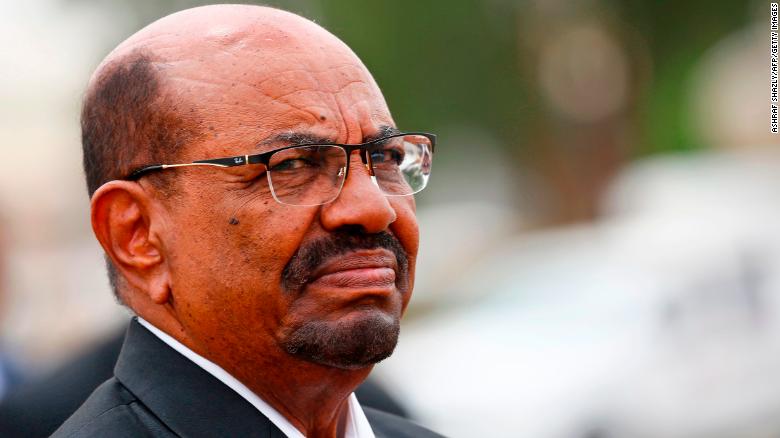I was 11 when Bashir came to power. Terror is all his people have ever known

Under Bashir, an entire generation grew up in the shadow of war, where the threat of torture in infamous “ghost houses” was never far away, and press freedom nonexistent. Girls grew up looking over their shoulder for marauding gangs of “morality police,” ready to flog them simply for walking down the street with a male friend. Boys in the north grew up in fear of being dragged from their homes to fight the civil war in the south. Bashir taught everyone to live in fear. But he also taught them what they didn’t want, and even under his decades-long oppression they still, incredibly, visualized a democratic society.On Thursday they came a step closer to achieving it, helping to topple the 75-year-old dictator who managed to cling to power despite being wanted by the International Criminal Court in connection with atrocities in Darfur.After taking control in a coup in 1989, and becoming president in 1993, Bashir has proven himself the consummate political survivor. He conducted a campaign of ethnic cleansing in Darfur, yet simultaneously made himself indispensable to Gulf states and the West through military campaigns and cooperation on counter-terrorism.EXCLUSIVE: As Sudan brutalizes its people, the US offers closer relations Almost overnight, everything changed I was 11 when Bashir came to power and remember waking one morning to find the streets empty. People stayed in their homes for what felt like days. After that, life changed very quickly.Sudan went from a very normal country to one where every aspect of our lives — from our clothes, to the company we kept — was suddenly scrutinized with terrifying consequences.School uniform dresses needed to be below the knee. Our gym kit needed to include full-length trousers. Simply being in a car with a boy not related to you would warrant a flogging. This was how Bashir exerted control in Sudan and it shaped everything about my coming of age.The 1990s were blighted by Bashir’s interrogation and detention of his opponents, real and imagined, in infamous “ghost houses.” You’d be hard pressed to find a Sudanese family who doesn’t have a family member sent to one of these torture chambers. Indeed my uncle was sent to one because he had been a communist at university.For years the president even tried to ban music, and parties had an 11 p.m. curfew. But people still found a way to play music. It was one of the rare crackdowns that just would not stick. Now, the music and singing that has been such a huge part of the protest movement cannot be silenced either.Bashir has been ousted, but the protesters aren’t quitting their sit-in any time soon. There’s a real concern that this uprising will stop here, that the same power structure of rule will continue.We’ve seen in the past how Bashir managed to make himself so geographically important — and difficult to dispose — from committing Sudanese forces to fight in Yemen to the recent negotiations with the US over the last four months of these demonstrations. But part of his undoing was centralizing his rule. The tools Bashir used in the past — of casting off those he said were really to blame for corruption or atrocities — were now in his inner circle, and increasingly difficult to shed.Ultimately, it was the youth within his own country that acted when the rest of the world did not. Sheena McKenzie contributed to this report.




